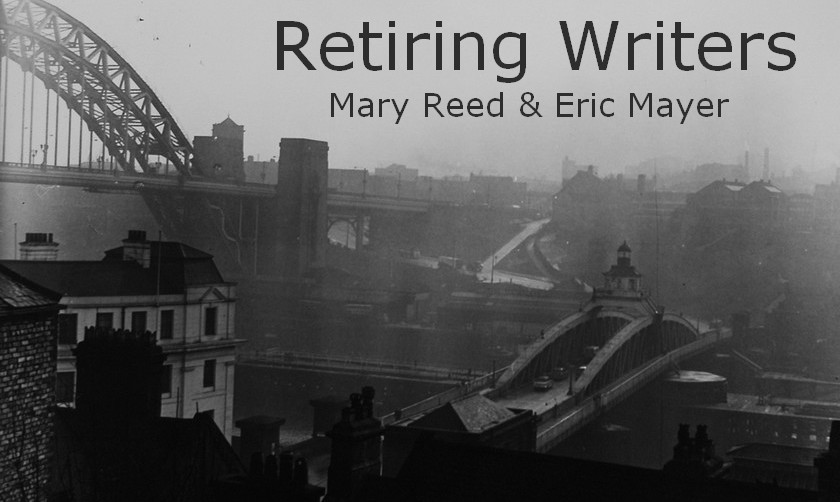Once again Mary Roberts Rinehart gives us a female protagonist as narrator, but this time in a work yards away from her more frothy concoctions.
Attended by servant Maggie and cook Delia, Miss Agnes Blakiston takes a house for the summer at Benton Station. As the story opens, she is grilling the agent handling the transaction and remarks she finds the presence of three bathrooms somewhat suspicious, given its owner Miss Emily Benton, now in her late 60s, usually lives there with only two servants. However, Miss Benton has made it plain she wishes the house rented out for the summer and the new plumbing is to make the house more attractive to a prospective tenant, which also explains the "[u]nbelievably cheap" rent.
The middle-aged Miss Blakiston took the house anticipating visits from young relatives but these do not occur for various reasons. Thus at the end of June she writes Miss Benton saying she will not need the house, enclosing a cheque to cover the agreed upon rental amount. Miss Blakiston had some previous contact with the Bentons thirty years before and knows it is a highly regarded family once headed by the Revd Thaddeus Benton, father of Miss Emily. There was also Carlo, a now deceased son summed up in Miss Blakiston's narration as "hardly bearing out the Benton traditions of solidity and rectitude". Now only Miss Benton is alive, and she pleads with Miss Blakiston to stay for the summer.
Needless to say, Miss Blakiston agrees, although she begins to regret her change of heart when strange things begin to happen. The telephone rings at night but no one is there when it is answered, and on one or two mornings it is found on the floor. This frightens the three residents of the rented house to such an extent that Miss Blakiston develops an aversion to going anywhere near the back of the hall where the telephone stand is situated.
Certain signs show there is a nocturnal visitor creeping about the house. Is Miss Blakiston sleepwalking or are her nerves disordered and she is mistaken in believing someone unknown is entering the house during the night?
But then a confession to murder is discovered and Miss Blakiston decides to see if she can unravel the truth of the matter.
My verdict: The Confession is a novel which nowadays would no doubt be described as a psychological study of a crime and its after effects. I would not describe it as a thriller because investigation and revelation occur at a stately pace in keeping with its country setting and rural society, but it certainly has noir underpinnings. The reason for the crime is convincing, as is that for the confession of the title, and the reader may well ponder on both after completing the novel.


No comments:
Post a Comment